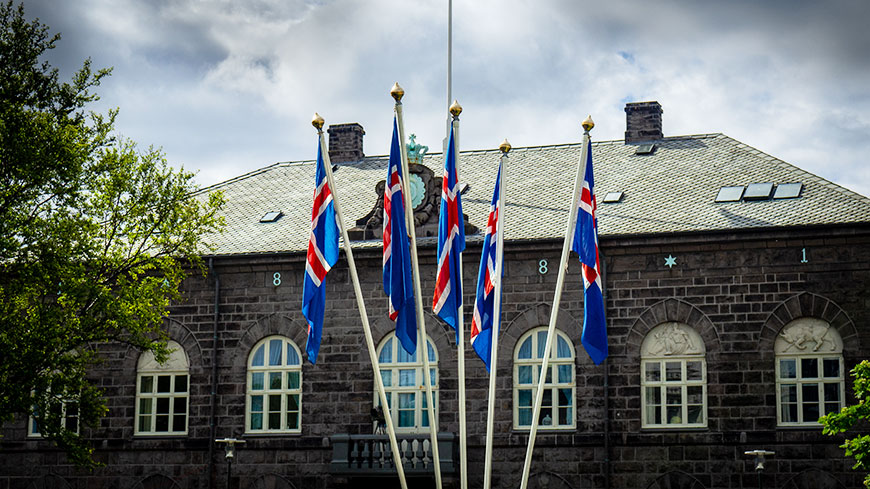The Council of Europe’s Group of Experts on Action against Trafficking in Human Beings (GRETA) has published today its third evaluation report on Iceland, with a thematic focus on human trafficking victims’ access to justice and effective remedies.
The report assesses developments since the publication of GRETA’s second evaluation report in 2019 on the implementation of the Council of Europe Convention on Action against Trafficking in Human Beings. GRETA welcomes progress made in tackling human trafficking in several areas, such as the amendment of the provision criminalising human trafficking, the adoption of the third National Action Plan for Combating Trafficking in Human Beings, and the setting up of a police advisory group on human trafficking.
However, GRETA urges Iceland to take further steps to improve the identification of victims of trafficking by setting up a formalised National Referral Mechanism which defines the procedures and roles of all frontline actors who may come into contact with victims of trafficking. The authorities should pay increased attention to the identification of victims of trafficking among asylum seekers, and ensure that victims are not forcibly returned to countries where they risk being re-trafficked.
GRETA calls on the Icelandic authorities to establish a clear procedure for the identification of child victims of trafficking, taking into account their special circumstances and needs. Particular attention should be paid to unaccompanied children, and information should be provided to all children about the risks of trafficking, including recruitment via the Internet.
Noting that there has been only one prosecution and no convictions for human trafficking since 2010, the anti-trafficking experts also urge the authorities to ensure that cases of human trafficking are investigated proactively and prosecuted effectively, leading to effective, proportionate and dissuasive sentences. The failure to collect sufficient evidence to prosecute perpetrators in human trafficking cases mainly stems from a severe shortage of means in the police in terms of staff, equipment, and funding, as well as the lack of training.
GRETA is concerned by the limited progress made by Iceland since the second evaluation in combating trafficking for the purpose of labour exploitation, and urges the Icelandic authorities to encourage law enforcement officials, labour inspectors, NGOs and other relevant actors to increase their outreach work to identify victims of human trafficking for the purpose of labour exploitation.
Iceland remains primarily a country of destination of victims of trafficking in human beings, but is also a country of transit. The continued absence of a victim identification procedure which is independent of the criminal justice process makes it difficult to have an accurate picture of the number of identified victims of human trafficking. The police investigated 71 suspected cases of human trafficking involving 73 presumed victims; only one of them resulted in a prosecution, but the defendant was acquitted on appeal. While there have been no formally identified victims of trafficking, the Bjarkarhlíð Family Justice Centre provided assistance to 25 presumed victims of human trafficking between July 2020 and September 2022. All of them were foreign nationals, and the majority were allegedly subjected to labour exploitation.
The Group of Experts on Action against Trafficking in Human Beings (GRETA) is an independent body which monitors the way countries implement the Council of Europe Convention on Action against Trafficking in Human Beings. All member states of the Council of Europe are bound by the Convention, as well as non-member states Belarus and Israel.




